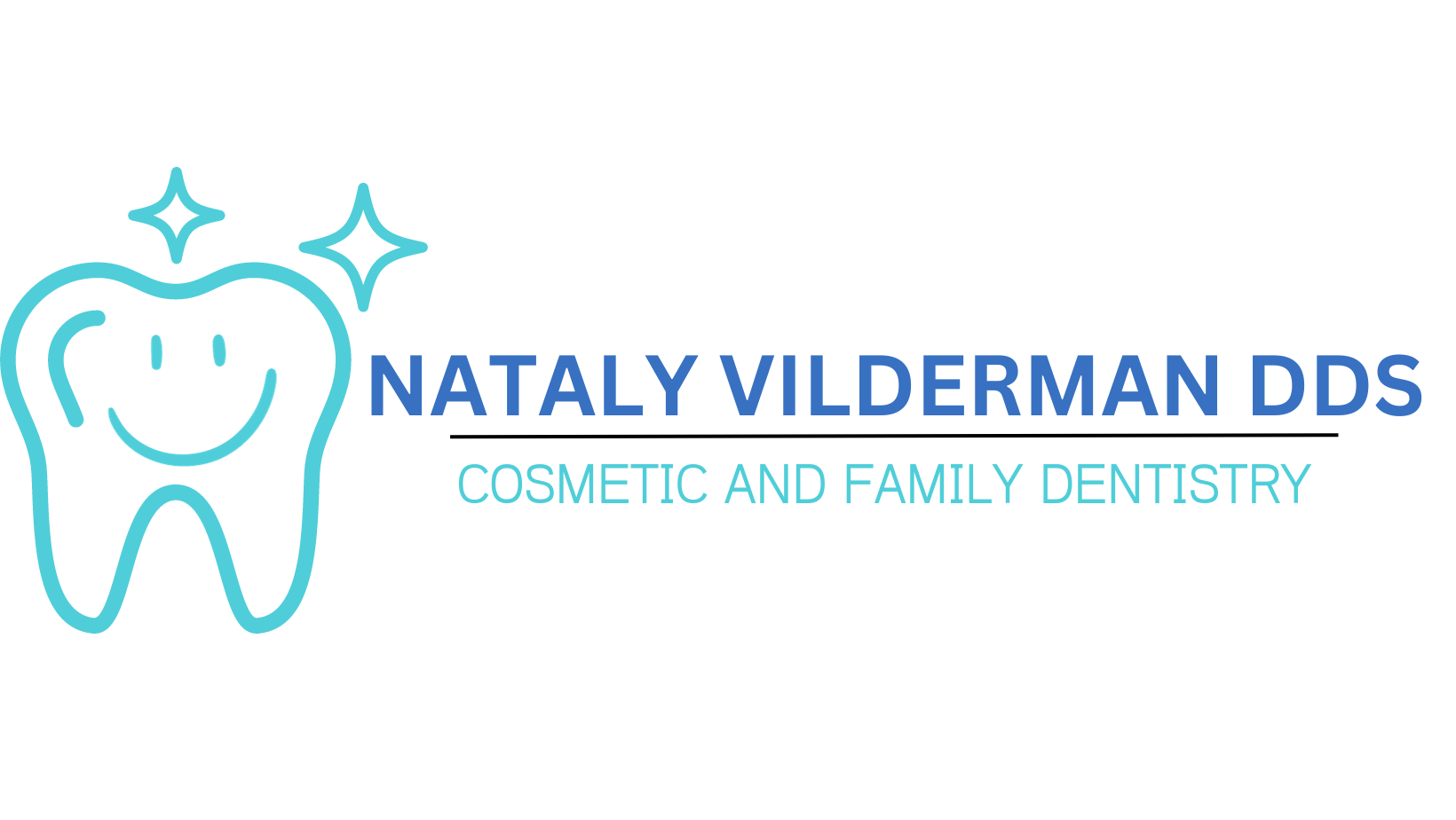Warning Signs Your Oral Health is in Danger

5 Warning Signs of Bad Oral Health Than Can Not Be Ignored!
Maintaining optimal oral health is crucial for your overall well-being. Unfortunately, certain warning signs indicate that your oral health may be in danger. In this blog post, we will explore these warning signs and discuss the importance of recognizing them promptly. By understanding these indications and taking appropriate action, you can protect your smile and prevent potential complications.
1. Persistent Bad Breath
Persistent bad breath, also known as halitosis, can indicate underlying oral health issues. It may be a sign of gum disease, cavities, or even an infection. If regular brushing, flossing, and tongue cleaning do not alleviate the problem, it’s essential to consult with a dentist to identify and address the underlying cause.
2. Bleeding or Swollen Gums
Healthy gums should not bleed during brushing or flossing. If you notice blood on your toothbrush or dental floss, or if your gums appear red and swollen, it could be a sign of gum disease. Early intervention is crucial to prevent the progression of gum disease, which can lead to tooth loss and other complications
3. Tooth Sensitivity
Experiencing sudden or prolonged tooth sensitivity to hot, cold, sweet, or acidic substances can indicate tooth decay, enamel erosion, or exposed tooth roots. Ignoring tooth sensitivity can lead to further damage, so it’s important to address the issue with your dentist to determine the underlying cause and receive appropriate treatment.
4. Toothache or Pain
Toothaches or persistent tooth pain should never be ignored. They can indicate various issues, such as tooth decay, infection, or even a cracked tooth. Seeking prompt dental care is vital to diagnose and treat the underlying cause of the pain and prevent further damage.
5. Changes in Gum Color or Texture
Healthy gums should appear pink and have a firm texture. If you notice changes such as discoloration, white patches, or a receding gum line, it could be a sign of gum disease or other oral health concerns. Prompt evaluation by a dentist is essential to prevent further gum and tooth damage.
Taking Action for Your Oral Health!
Maintain a Consistent Oral Hygiene Routine: Brush your teeth at least twice a day with a soft-bristled toothbrush and fluoride toothpaste. Don’t forget to floss daily and use an antimicrobial mouthwash. Proper oral hygiene helps remove plaque and bacteria, reducing the risk of oral health problems.
Visit Your Dentist Regularly: Regular dental check-ups are crucial for maintaining good oral health. Schedule biannual visits to your dentist for professional cleanings, examinations, and early detection of any potential issues. Your dentist can provide personalized advice and treatments based on your specific needs.
Eat a Balanced Diet: A nutritious diet plays a significant role in oral health. Limit sugary and acidic foods and beverages, as they can contribute to tooth decay and enamel erosion. Instead, focus on consuming a balanced diet rich in fruits, vegetables, lean proteins, and dairy products for strong teeth and gums.
Avoid Tobacco and Limit Alcohol Consumption: Tobacco use, including smoking and smokeless tobacco, significantly increases the risk of oral health problems, including gum disease and oral cancers. Additionally, excessive alcohol consumption can also harm oral tissues. Quitting tobacco and moderating alcohol intake can have a positive impact on your oral health.
Be Mindful of Stress: Chronic stress can contribute to teeth grinding and jaw clenching, known as bruxism. These habits can lead to tooth damage and jaw pain. Find healthy ways to manage stress, such as exercise, meditation, or talking to a therapist. If you suspect you have bruxism, consult your dentist for guidance and possible treatments.
Protect Your Teeth during Physical Activities: If you participate in contact sports or activities that carry a risk of dental injury, wear a mouthguard. Mouthguards provide essential protection against tooth fractures, jaw injuries, and soft tissue damage. Consult your dentist for a custom-fitted mouthguard that offers optimal comfort and protection.
Stay Informed and Educate Others: Continuously educate yourself about oral health best practices and stay updated on the latest research. Share this knowledge with your family and friends, encouraging them to prioritize their oral health as well. By spreading awareness, you contribute to a healthier community.
9. Conclusion
Recognizing the warning signs of oral health problems is crucial for maintaining a healthy smile. Don’t ignore persistent bad breath, bleeding or swollen gums, tooth sensitivity, toothaches, or changes in gum color or texture. Take action by maintaining a consistent oral hygiene routine, visiting your dentist regularly, and adopting a nutritious diet. Avoid tobacco, limit alcohol consumption, manage stress, and protect your teeth during physical activities. By being proactive and attentive to your oral health, you can prevent complications, maintain a beautiful smile, and promote overall well-being for years to come.

Dr. Natalie Vilderman, DDS
As a renowned dentist and passionate blogger, Dr. Vilderman finds equal joy in sharing her dental expertise through blogging as she does in her daily practice. With her engaging prose, she effortlessly brings the world of dentistry to life, leaving readers intrigued and informed with every word.
Have Any Questions?
Reach out today to have all of your questions answered.
- 1-415-665-7800




